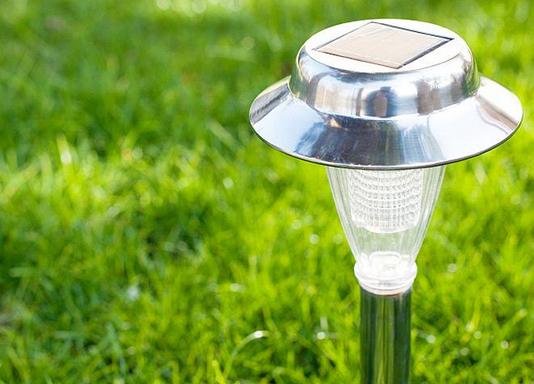Energy, in its various forms, has colossal implications when it comes to hosting an outdoor event. Whether you look at from a practicality standpoint or you’re more concerned with the environmental impact that the event will likely have, sustainability is the future. Fuel costs continue to rise, so you can imagine the costs involved when considering an outdoor event of any size – whether it’s a festival attracting 80,000 patrons or a more intimate affair, the costs could spiral out of control if you’re not careful.
The key is to look closely at the energy you will likely use. Energy consumption has a massive impact on climate change and while people at home and at work may be proactive by doing their bit to give back to the environment, less may be said about in an outdoor experience, where less thought may be given to the environmental impact.
However, by making some changes in the fundamental aspects of an outdoor event, organisers could save up to 10% on fuel consumption through reducing carbon emissions and increasing green credentials.
One of the major ways in which improvements can be made is by looking into temporary energy types and evaluating which one would be best for the event in question. Do you need to automatically plumb for diesel fuel and electricity generators or is there something else that you can use that will help to positively impact the world we live in?
A Grid Connection that is linked to the national grid can often be the cheapest option and the option of adopting a green tariff, if available, can help to keep your carbon footprint as small as possible. It’s not always practical, depending on the venue; some sites have installed renewable systems (e.g. Glastonbury) which give back to the national grid all year round.
Diesel Fuelled Generators are reliable and quiet(ish), combining a diesel engine with an electrical generator. Emissions aren’t too good for the environment, though. Biodiesel generators are also possible.
Solar Power still generates electricity when it’s overcast, but works best with maximum sunshine. While the energy produced is less than what generators can make, there is zero carbon to worry about and no fuel bill at the end of the event!
Wind Power works similarly to solar power, producing zero carbon energy and being incredibly friendly to the environment. It’s not widely available though, yet.
Combine these options with pedal power, hybrid systems and emerging technology that can only improve our options and there’s plenty of choice for temporary energy production.
Written in association with British Gas. Whether you’re a homeowner looking for a British Gas new gas connection or you’re interested in the supply of gas for larger businesses, their website can help you.
